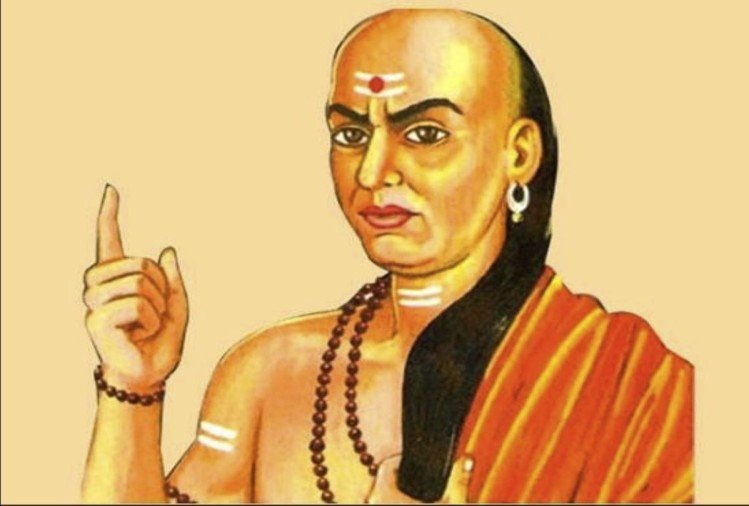Solar Eclipse 29 March 2025 : A solar eclipse happens when the Moon passes between the Earth and the Sun, blocking all or part of the Sun’s light.
Depending on how perfectly everything lines up, there are a few types:
- Total Solar Eclipse – The Moon completely covers the Sun, and for a few minutes, it looks like night in the middle of the day. You can even see the Sun’s outer atmosphere, called the corona.
- Partial Solar Eclipse – The Moon only covers part of the Sun.
- Annular Solar Eclipse – The Moon is a bit farther away from Earth, so it doesn’t fully cover the Sun, leaving a bright “ring of fire” around the edges.
- Hybrid Eclipse – A mix between a total and annular eclipse, depending on where you are on Earth.
The Solar Eclipse on 29 March 2025 will be a Partial Solar Eclipse.
Learn More About Dharam Gyan
Here are the key details:
🌑 Eclipse Type: Partial Solar Eclipse
📅 Date: 29 March 2025
Although the eclipse won’t be visible in Chandigarh, the event’s timeline in Indian Standard Time (IST) is as follows:
The Partial Solar Eclipse on March 29, 2025, will not be visible from Chandigarh, India. This celestial event will primarily be observable in regions such as North America, Europe, and parts of Africa.
🕒 Timings (India):
- Eclipse begins: 2:20 PM IST
- Maximum eclipse: 4:17 PM IST
- Eclipse ends: 6:13 PM IST
Since the eclipse isn’t visible in India, traditional practices associated with solar eclipses, such as observing the ‘Sutak’ period, are generally not observed.
If you’re interested in witnessing this event, you might consider accessing live streams or recordings provided by astronomical organizations and observatories.
🌍 Visibility – Solar Eclipse 29 March 2025 :
This eclipse will mostly be visible in:
- Northern & Eastern parts of North America
- Greenland
- Northern & Western Europe
- Arctic Region It will not be visible from India or most of Asia.
🕒 Timings (UTC):
- Eclipse begins: 15:42 UTC
- Maximum Eclipse: 17:47 UTC
- Eclipse ends: 19:52 UTC
(These times will vary slightly depending on your exact location.)
⚠️ Sutak Period in India:
Since this eclipse is not visible in India, the Sutak period (a time of religious observances and restrictions) is not applicable.




